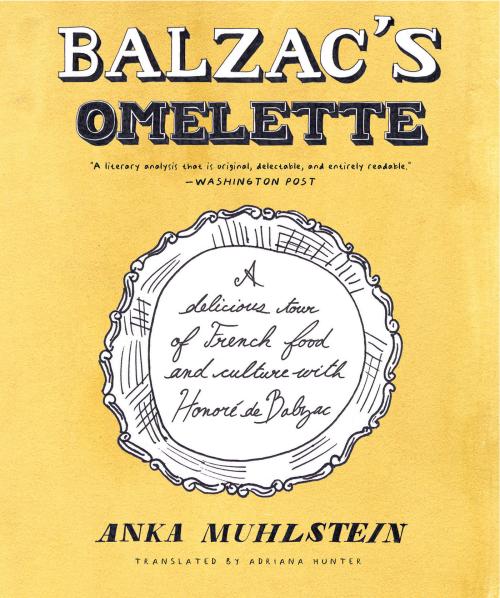The most astonishing illustration of Balzac’s taste for ephemeral luxury is the meal he had delivered to him in prison; yes, Balzac was in prison for a spell, not for debts but for evading—several times—his duty to serve in the National Guard.
Every citizen who lived in Paris had to spend a few days a year on guard duty, and those who failed were condemned to a day’s incarceration. Deeming this constraint intolerable, Balzac succeeded in avoiding it on numerous occasions, most often by claiming he was traveling or by simulating a house move: he would stay with a friend for a few days and wait for the danger to pass. Sometimes he did not escape in time but wriggled out of the tight spot by offering a few gold coins or a couple of good bottles of Vouvray to the arresting agents…until the day when he eventually had to submit to the law and was unceremoniously dumped at the Hôtel des Haricots, the National Guard’s own prison.
Once he was settled in his third-floor cell, he sent his valet to his publisher, Werdet, with a note asking him to send money.Werdet complied immediately, and went to the prison armed with two hundred francs. To his considerable surprise, Balzac thought the sum miserly but invited him in to dine. He had arranged to have a meal delivered from Véfour, and explained to Werdet that he had deliberately chosen one of the most expensive restaurateurs in Paris because, on his release, he wanted to leave behind memories of “every tradition in the art of fine living.” So, down they went to the refectory at the agreed time and, at one end of a long table, they saw a magnificent meal set for two. It was theirs. The two friends enjoyed a succulent dinner; Balzac proved in excellent humor when, at about seven o’clock, the door opened and another draft-dodger came in: Joseph-François Michaud, editor-in chief of La Quotidienne, a royalist newspaper to which Balzac gladly contributed. Michaud eagerly accepted the invitation to share in Balzac’s “modest” meal, and the evening ended in very high spirits.

